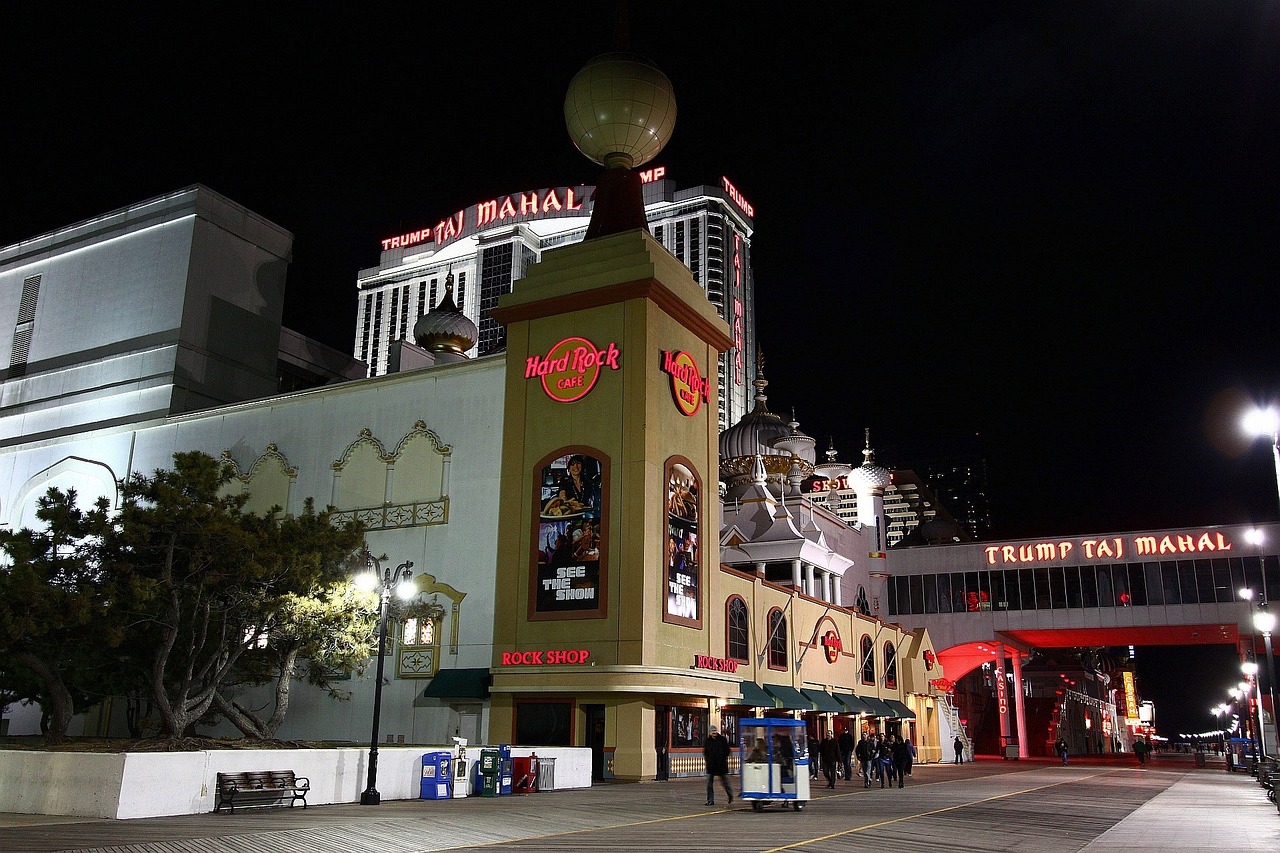Atlantic City once stood tall as the gambling mecca of the East Coast. With its iconic Boardwalk, luxurious hotel towers, and bustling casino floors, the New Jersey seaside city drew in millions each year.
But lately, many visitors are heading home not with jackpots, but with complaints. A growing chorus of casino guests is voicing frustration over rising prices, worse gaming odds, and a noticeable decline in service and entertainment value.
Long-Time Visitors Say It’s No Longer Worth the Trip
Some of the most vocal complaints are coming from long-time patrons. Many of them say that what was once an amazing destination now feels hollow and overpriced. Room comps – which used to be generous and consistent, now have vanished for many regulars.
Several customers wrote that table minimums were as high as $25 to $50 even early on weekday mornings – a far cry from the accessible range that once made Atlantic City attractive to average players.
Beyond that, slots have tightened up –and payouts are lower. And in games like blackjack, odds have shifted in the house’s favor, with most tables now paying 6:5 instead of the traditional 3:2 – and seasoned gamblers aren’t happy about it.
Disappointed Gamblers Turn to Online and Crypto Casinos
With these frustrations mounting, more players are seeking alternatives for their gaming. Many are exploring crypto and Bitcoin casino options, as they offer lower costs, faster payouts, and more competitive odds – all without the need to book a room or pay for parking.
Still, with hundreds of platforms now available, choosing the right crypto casino isn’t easy. There are huge differences in how they work – from supported coins to bonus types to game libraries. According to Vlad Grindu, the real benefit comes with withdrawals as cryptocurrency transfers are fast both ways. There is no central bank that has to verify the transaction and then send the funds. Instead, there are a few verifications on the blockchain and your withdrawal is done (source: https://www.techopedia.com/payments/best-bitcoin-casinos).
Gaming Revenue Reflects the Discontent
In January 2025, the nine Atlantic City casino hotels reported a combined in-person gaming revenue of $204.7 million. That’s up 2.6% from January 2024, when the total was $211.6 million. Across the board, table games and slot machines both saw dips. Only online gaming and sports betting continued to grow.
But this isn’t a one-off drop – the entire first quarter of 2025 has underwhelmed. According to the New Jersey Division of Gaming Enforcement, total land-based gaming revenue is down nearly 1% year-to-date compared to the previous year. That might not sound like much, but in a sector that was hoping for post-pandemic recovery, it’s a red flag.
Operators have pointed to inflation and bigger economic trends. But guests blame the casinos themselves, saying they’re no longer giving the same value for money.
Room Conditions and Cleanliness Criticized
Beyond the tables and slots, Atlantic City’s hotels have also drawn criticism. On review sites such as TripAdvisor and Yelp, guests repeatedly report dirty bathrooms, musty smells, and unclean bedding – especially in older towers.
One guest at Tropicana claimed her bathroom smelled like a urinal despite the room looking freshly cleaned. Another reviewer said his room had leftover food in the mini fridge, and the hallway smelled like mold.
But it’s not just Tropicana – guests have shared horror stories about outdated furnishings, worn carpets, broken HVAC systems, and roach sightings at other major properties. And while newer hotels like Ocean Casino Resort fare better, many of Atlantic City’s rooms haven’t seen a meaningful upgrade in years.
Indoor Smoking Still Turning Guests Away
If there’s one issue that unites both players and employees in frustration, it’s indoor smoking. Despite national trends toward cleaner, smoke-free environments, Atlantic City casinos still allow smoking on up to 25% of their gaming floors.
Casino workers – particularly dealers and floor staff, have been rallying under organizations like CEASE (Casino Employees Against Smoking’s Effects), calling for a complete smoking ban. According to them, the smoke-free period during the COVID pandemic made their jobs safer and healthier, and they want that change made permanent.
Patrons, too, have voiced displeasure. Some now avoid Atlantic City entirely because of the persistent smoke smell and the lack of enforcement in designated areas.
Ironically, several competitors in neighboring states have already moved toward full smoking bans, with no noticeable drop in attendance. MGM National Harbor in Maryland and Mount Airy in Pennsylvania are now entirely smoke-free – and thriving.
Lack of Entertainment and Dining Options Adds to the Decline
Atlantic City’s casinos were once known for their variety of entertainment – from comedy acts and concerts to magic shows and big-budget productions. Today, many of those shows are gone.
Visitors in early 2025 noted that, apart from a single recurring concert series, there was virtually nothing scheduled for the off-season. This is especially frustrating for casual gamblers who come not just to play but for a full night out – dinner, drinks, a show.
Dining, too, has changed – and once-affordable buffets have been closed or replaced with overpriced à la carte options. A cheeseburger and soda at some casino restaurants can now run over $25. In one recent case, a visitor reported paying $20 for a small burger and $5.50 for a Diet Coke at Golden Nugget.
Hard Rock, which now represents a nicer option, is even pricier. Many feel the price hikes aren’t justified by the food quality or service, which usually lags behind the cost.
Guests Feel Ignored, and It’s Starting to Show
The usual theme across all these complaints is disconnection – between what casinos think guests want, and what guests are actually experiencing. Whether it’s gaming odds, customer service, dining, or hotel conditions, many Atlantic City visitors feel like they’re being squeezed without getting much in return.
It’s not that players expect to win every time – they understand the odds. But when the experience itself feels cheapened, and the value proposition fades, they start to look elsewhere.
And in 2025, “elsewhere” is only a few taps away. Whether it’s online platforms, smoke-free casinos in Maryland and Pennsylvania, or even Vegas properties offering better perks, guests have choices.
If Atlantic City wants to avoid becoming a cautionary tale, it may be time for a reset – one that starts by actually listening to its most loyal customers.





